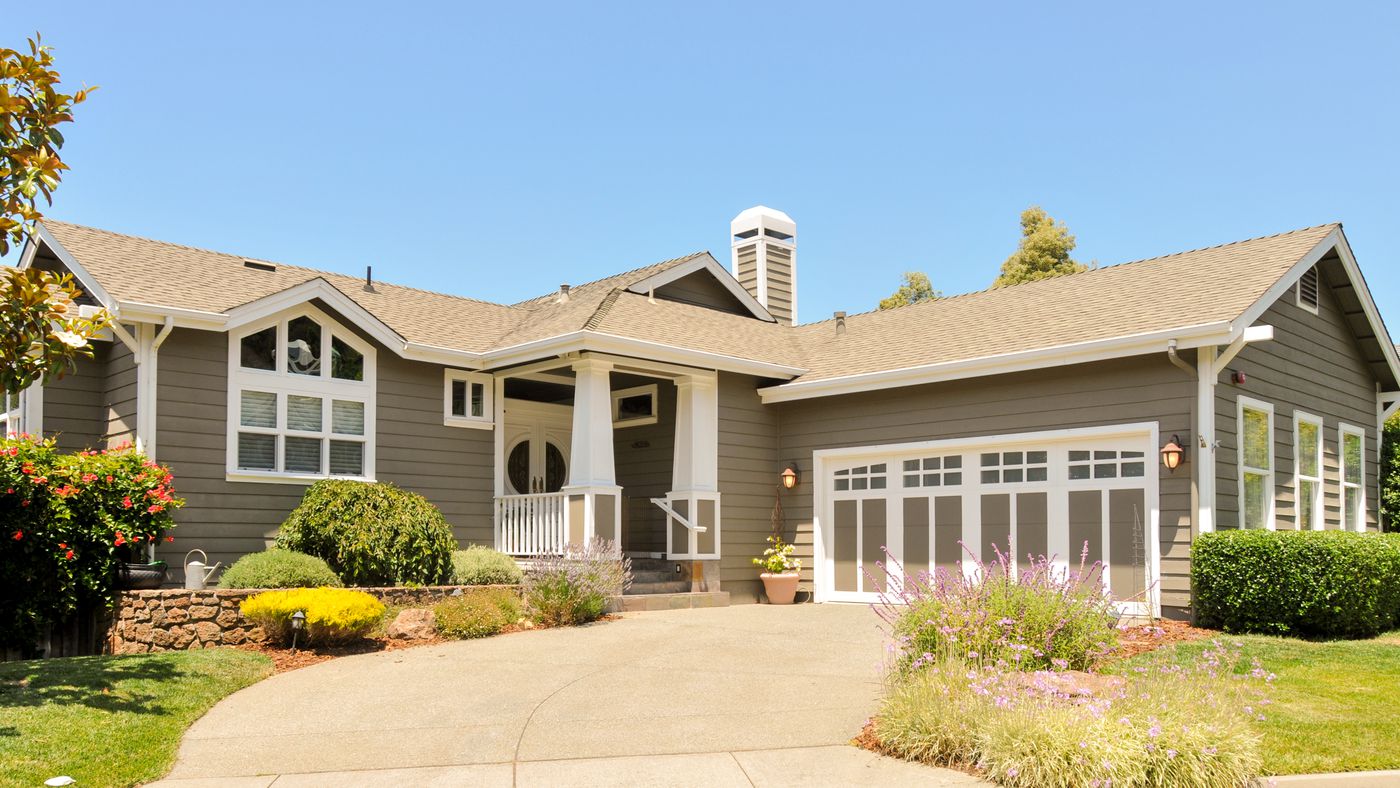A house is typically the most expensive thing people acquire in life and often spend a lifetime paying for. However, what’s the dream for many can become a dreaded nightmare if a few issues aren’t adequately addressed. This article will discuss essential details about buying a house and anticipate common problems.
Fixing the Legal Framework
Buying a house doesn’t involve only a lot of money. It involves a lot of paper too. There’ll be loads of contracts to sign and documents to provide in an endless bureaucracy. Make sure you don’t get lost in this legal maze, and get professional advice whenever necessary. A trustworthy realtor should be in charge of the negotiations between you and the seller.
A sizeable proportion of those papers is there to prove you have the financial means to pay for the house. Even student loans are taken into account when lenders are assessing your current liability. An efficient realtor should guide you through this process.
Blowing the House In
There’s a thing we can learn from the Three Little Piglets: the solidity of a house matters a lot. A house should have solid foundations and sturdy walls to withstand the test of time and serve as a shelter. However, we know that there’s much more to a house than its ability to stand still.
Read below some tell-tale signs that the house you’ve been considering may not be your dream home.
Basic Maintenance
It’s tough to tell what’s going on within a house’s walls. So, the quality of the wires and pipes may not be the first thing you see while visiting a property. Yet, if you pay closer attention, you can read a few signs. New and future homeowners can learn about the plumbing basics here.
Faulty maintenance, like a burned-out light bulb or a leaking faucet, shows careless maintenance. Ask yourself; if the owner didn’t bother fixing something superficial, what else could be hidden under the fresh paint?
Windows Condition and Position
While visiting a property, take a minute to inspect the window frames and if the slides are working well. Wonky windows can mean structural problems, in worst cases. Although it’s usually just a sign of age, the only way of fixing it is to replace the entire frame, which can end up being quite costly.
The walls where windows are placed also matter a lot. Are they facing the sunshine, the sunset, or no sunlight at all? Too much sunlight can be a real disturbance, especially during the hot season. Facing no sunlight at all isn’t ideal either, as it can favor humidity and mold.
Distance to Work, Schools, and Supermarkets
Buying a house will probably cost years of investment, so it’s a good idea to try to imagine how your daily life would be in your new home. If you’re looking for Fountain houses, you don’t need to worry about traveling long distances, provided you work and study in the city, since it’s a small place.
Yet, the neighborhood can be a massive differential in big cities. Is the new home close to supermarkets, groceries, and pharmacies? Is it served by efficient public transport, in case you don’t have a car? Is it close to school? Traveling long distances every day, just for working and basic shopping can be very tiresome, with time.
Risk of Flood and Other Natural Disasters
The weather is getting more unpredictable every year. Consider how exposed your property would be under extreme conditions, such as floods, blizzards, wildfires, and so on. Do thorough research about the surrounding area before reaching for your pocket.

Don’t Stress Out About Cosmetics
If the property doesn’t conceal any real problem, such as dangerous cracks on the walls, or aged pipes and wires, don’t worry too much about minor details. Chances are you’ll want to choose different colors, replace some furniture, and so on. As long as those changes don’t involve labor costs or special gear, they are mostly inexpensive.
Do the Math
Most loan agreements involve paying 20% of property value upfront. If you don’t have this money, simply move on. That’s simple math, but it gets trickier. Are there other costs involved in this purchase, such as insurance, association fees, or other taxes? Does it need any structural work before you can move in? How much will it cost?
Conclusion
Buying a property is probably one of the most important decisions you’ll make in your life. So, you shouldn’t make it uninformed or in a rushed manner. Take your time to evaluate every aspect of the contract, every detail of the property. Above all, have a solid financial plan to go through the entire process without nasty surprises.





